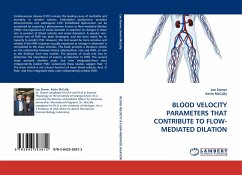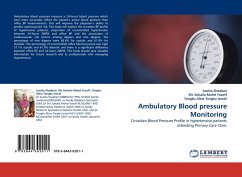The blood of each person seemed to carry in it the secrets of individuality. If each person's blood were as individual as this, transfusion would indeed be complex and would deserve to rank as the most refined branch of medicine. However, this early view of the subtlety of transfusion was eclipsed at the beginning of the century by the discovery that the blood of all human beings could be divided into four groups. It seemed that, provided blood of the same group was transfused, one person's blood was indistinguishable from another's. Indeed, it came to be believed that people who belonged to the common group O could give their blood to anyone whatsoever. As a result of this experience, a generation of medical men has grown up believing that blood transfusion is one of the simplest forms of therapy.This book is thus composed mainly of an account of blood groups from a clinical point of view and of descriptions of the effects of transfusion on the circulation and of the survival oftransfused red cells, and addressed to all those who possess an elementary knowledge of blood transfusion and are interested in acquiring a fuller understanding of its effects.
Bitte wählen Sie Ihr Anliegen aus.
Rechnungen
Retourenschein anfordern
Bestellstatus
Storno








